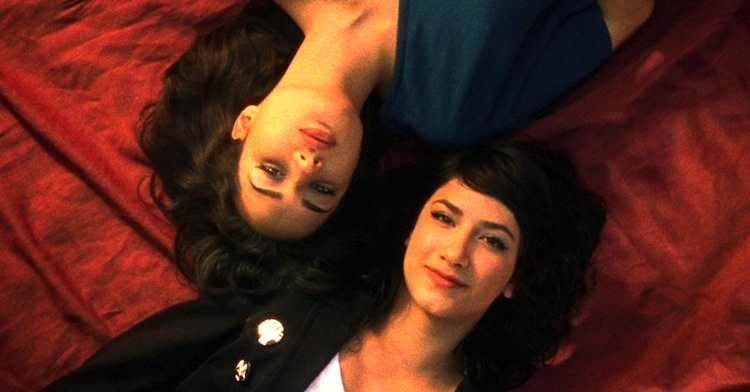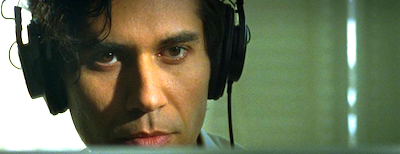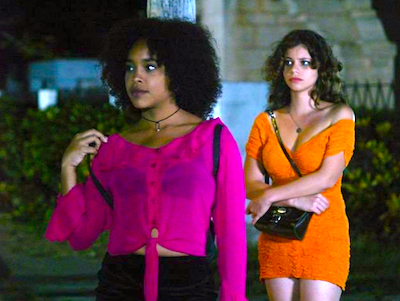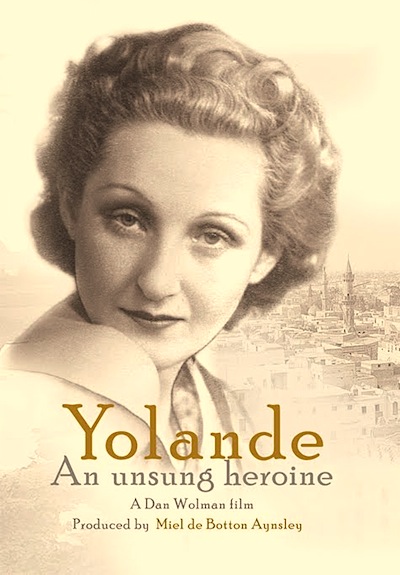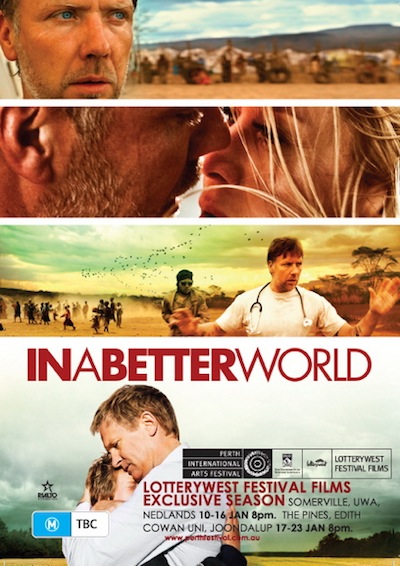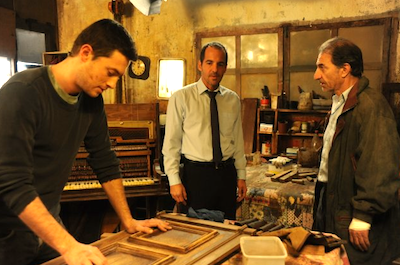
By Joe Bendel. To this day, Steinway pianos are assembled by hand in a long, painstaking process. The resulting fractional differences give each Steinway its own unique individual sound. The preferred choice of many concert pianists, Steinways are works of art in themselves. One vintage 1882 Steinway might even save an elderly antique woodworker’s business in Yossi Madmony’s Restoration, which screens during the 2011 Sundance Film Festival.
Yaakov Fidelman knows wood better than anyone. His partner Maxim Malamud knew people. With his sudden death, their jointly owned restoration business may not survive the loss of its public face and bookkeeper. Equally troubling, Fidelman begins to suspect his son Noah might have considered his late partner more of a father than the senior Fidelman.
Indeed, Fidelman and his ambitious attorney son have never been close. It is a void Fidelman’s mysterious new assistant would like to fill. The homeless Anton is a former pianist from a well-to-do family. In fact, it is he who recognizes the potential value of the Steinway languishing in the corner of the workshop. Perhaps as a musician who no longer plays, it makes sense that Anton would be attracted to Noah’s pregnant wife, Hava, a former Israeli teen TV idol who no longer sings. Steadily mounting resentments all lead to an almost Biblical confrontation between Fidelman’s metaphorical son and his blood offspring.
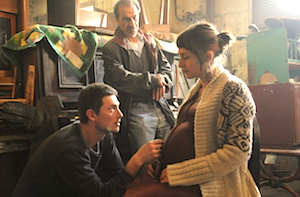
While the conflicts of Restoration are deeply seated, the film is the very picture of elegant restraint. Unfolding at a stately pace, Madmony focuses like a laser-beam on Fidelman’s quiet soul-searching. Sasso Gabay subtly anchors the film as the difficult craftsman, suggesting much inner turmoil, but never betraying the character’s taciturn reserve. It is a wholly engrossing character study.
Lushly lens by cinematographer Boaz Yehonatan Yacov and featuring a pitch-perfect chamber-music score by Avi Belleli, Restoration represents film fully realized as fine art. Considering that the Israeli film industry is arguably more reflexively anti-Israel than Hollywood, it is also quite a pleasure to see such an apolitical cinematic import from the country. Wise and sad, Restoration is a film for mature adults (in the best sense of the term) that is likely to have a long life on the Jewish Film Festival circuit following Sundance. Highly recommended, it screens again in Park City on Wednesday (1/26) and Friday (1/28).
Posted on January 25th, 2011 at 2:11pm.


